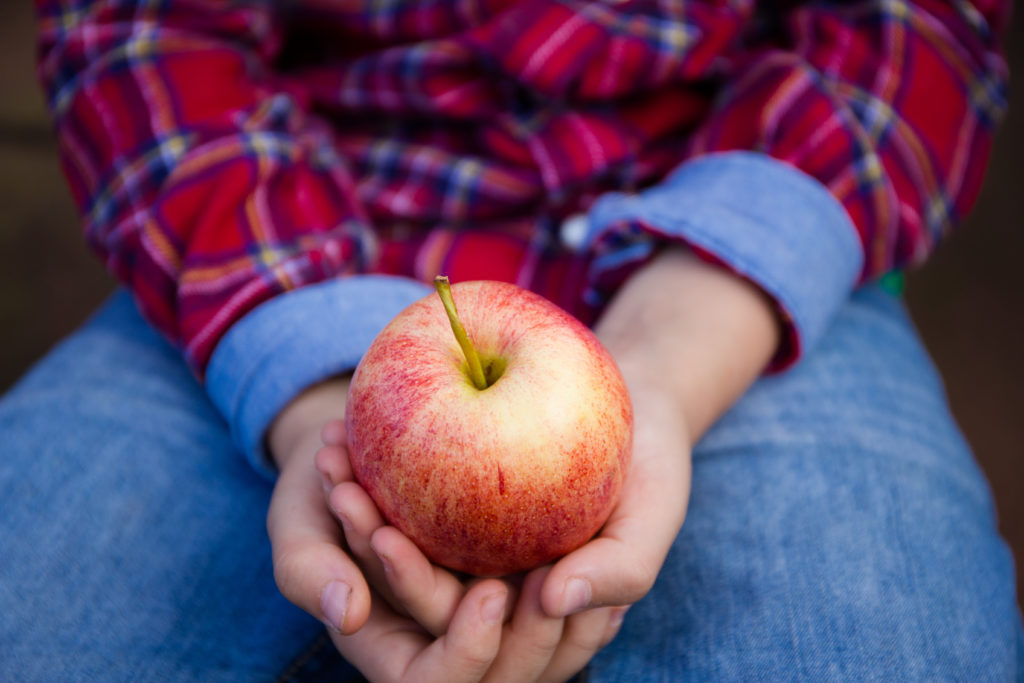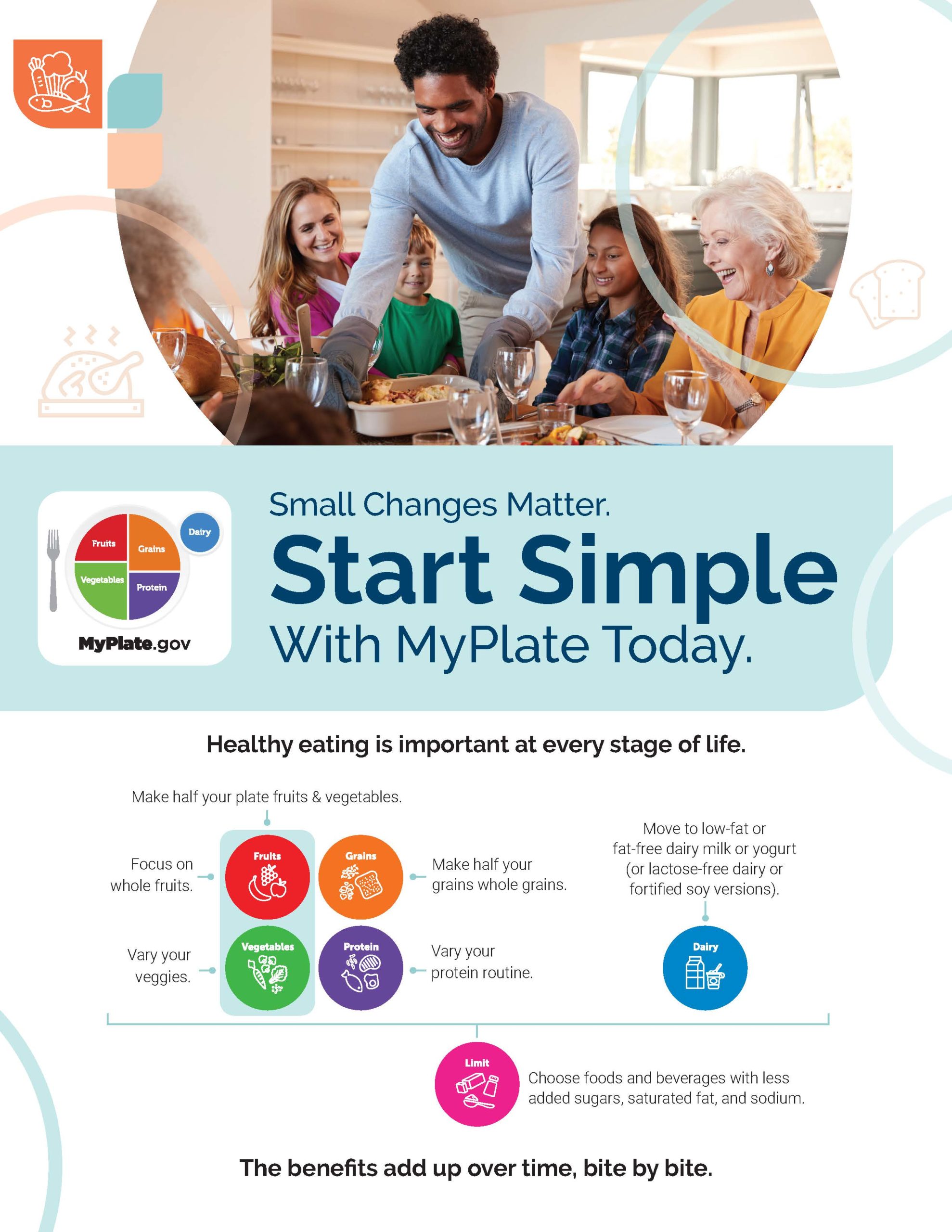Contributor: Dr. Elise Herman

As parents, we want our children to eat well. Yet all we can do is set the stage for healthy eating; it is up to the child in terms of how much and exactly what they eat from the food offered. Here are some guidelines that help kids develop healthy eating habits; starting early with these habits can help prevent childhood obesity, diabetes, and other problems.
Have family meals
Eating together encourages conversation, connection, and healthier food choices and portion sizes. Research has shown that teens who have regular family dinners have lower rates of depression, substance abuse, eating disorders, and obesity. And remember– no TV or electronic devices at the table for kids and adults alike.
Avoid struggles around food
Toddlers tend to be picky, and preschoolers often have a decreased appetite. It is better to look at their intake over a week as opposed to pressuring your child to ‘clean their plate’ or eat what is served at any one meal. Children actually eat less overall if they are coaxed to eat, and mealtime is not much fun. Trust your child to eat what they need to stay healthy.
Go by “MyPlate.gov”
This is the government’s recommendation for healthy eating that has replaced the Food Pyramid (more information at MyPlate.gov). Half of the ‘plate’ should be fruits and veggies (with slightly more veggies than fruit), the other half should be split between grains and protein. Half the grains should be whole grains like oatmeal, whole wheat bread and brown rice. Protein may include non-meat sources such as beans, lentils, plain yogurt, and tofu. Turkey, chicken, and lean ground beef are appropriate choices if your family eats meat, though meat is not needed every day.
Kids Activity Downloads / Fun Word Search Crossword Puzzle
Offer appropriate portion sizes
Portion sizes that are too large encourage overeating. An easy way to judge is to compare portions to the size of your child’s hand (this conveniently works as your child grows). Fruits, veggies, cereal, and rice servings should be about the size of a closed fist. Meat portions should be the size of the palm and added fats such as butter and mayonnaise should be about the size of the tip of the thumb. If kids want seconds, make it salad or veggies.
Don’t forget the beverages
Water should be your child’s mainstay. From age 1-2 years, whole milk is recommended (unless your child is still breastfeeding) and thereafter choose low fat milk. 16-24 ounces is a good daily maximum. After age 2 years, 2-2 ½ cups of dairy (be it milk, cheese, yogurt, etc.) is recommended. Drinking milk excessively may decrease the appetite for healthy solids and interfere with iron absorption which can lead to severe iron deficiency. Remember to stop bottles by age 1 year and to limit juice (if any) to a max of 4 ounces a day. It is much better to eat a fruit (with its healthy fiber) than to drink juice which contains as much sugar as soda. No sugar-sweetened drinks should be given on a regular basis (this includes chocolate milk).
Be smart about snacks
Avoid chips and processed snack foods and instead choose healthy snacks such as fruits, veggies, peanut butter, and plain yogurt. Adding a bit of honey or jam to plain yogurt is better than fruited yogurts which are high in sugar. Canned fruit is fine but choose “no sugar added” types.
Be a good role model
Talk about enjoying nourishing yourself with healthy food. Don’t discuss any food struggles you may have (dieting, poor body image, etc.). Model the idea of stopping eating when you are satisfied and full. Limiting fast food and processed food is important, but still OK to enjoy occasionally.
Get your child involved
Kids love to help and can do so by looking at recipes, setting the table, assisting with cooking when age appropriate, and learning to pick healthy foods at the grocery store. This may translate to more enthusiasm at the dinner table as well as good training for when they are older and more independent.
more about the contributor

Dr. Elise Herman
Dr. Herman is passionate about community health outreach, school programs, and child/family health and wellness. She has more than 31 years of experience as a pediatrician in Ellensburg, Washington, the last 3 with KVH Pediatrics. In 2022 Dr. Herman retired from practice and continues to contribute blog posts and remain a visible advocate for kids in the community.
